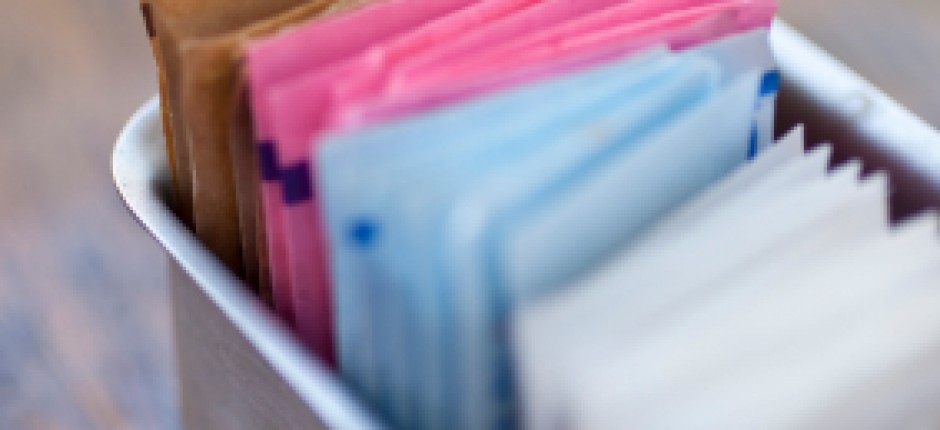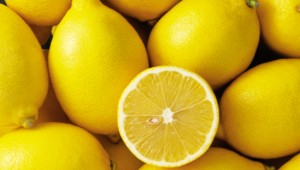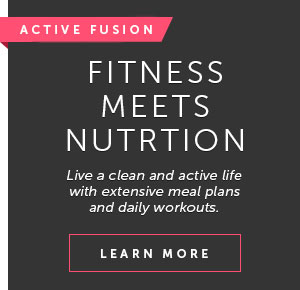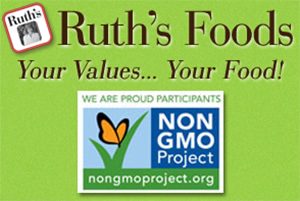Aug 09, 2013
Spenda Ain’t So Splendid
Artificial sweeteners. What about them? Many of you may use them on a daily basis to sweeten up your morning coffee and jump start your day. They may look like little packets of sunshine on groggy mornings, but don't be fooled by their colorful and tiny exterior! These devils seduce you with their "zero-calorie" label, making you believe that artificial sweeteners are a healthier alternative to high fructose corn syrup and regular sugar. However, simply replacing regular sugar products with products that are artificially sweetened does not necessarily mean that they are healthier for you. If you want to be healthy and lose healthy weight, eating right and exercising regularly is still the way to go. And eating right does NOT mean shoving "diet" or "sugar-free" products full of potentially detrimental chemicals down your throat.
Aspartame
-Examples: Equal and NutraSweet
-Comprised of methanol, phenylalanine and aspartic acid
-200 times sweeter than sugar
-Found in many diet soft drinks
-The FDA announced complaints of hallucinations, diarrhea, seizures, depression, migraine, fatigue and insomnia associated with aspartame
-Has been linked to tumors, cancer and infertility
Saccharin
-A sulfa-based sweetener; its primary ingredient is benzoic sulfimide.
-300 times sweeter than sugar
-Saccharin can potentially cause nausea, diarrhea, skin problems and other allergy-related symptoms in individuals allergic to sulfa
-Early safety studies of saccharin have linked it to bladder cancer in rats. The FDA recently lifted a mandate that required a warning label to be placed on saccharin-containing products regarding its possible carcinogenic effects.
Sucralose
-Splenda
-600 times sweeter than sugar
-Derived from chlorinating sugar
-The chlorine in sucralose is claimed by manufacturers to be the same as that contained in table salt, when in fact the chemical structure of the chlorine has actually been found to be similar to that found in the banned pesticide DDT.
-Though there are fewer health concerns surrounding sucralose than some other artificial sweeteners, some side effects have been reported including headaches, body aches, stomach cramps, diarrhea, bladder issues, and skin irritation.
Acesulfame Potassium
-Less well known no-calorie sweetener that is actually found in many frozen desserts, sodas, candy and baked goods
-200 times sweeter than sugar
-The body is unable to metabolize or store acesulfame potassium so it has no nutritional benefits whatsoever.
What this means for you: Always always always read the labels when you go grocery shopping. My rule of thumb is that if you can’t pronounce it, don’t buy it. Look for organic, natural options instead of those nasty artificial chemicals. Try natural sweeteners like honey, agave and stevia.














